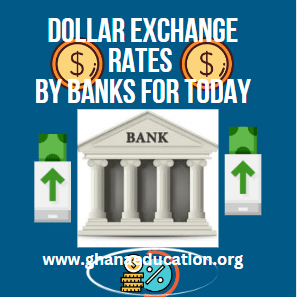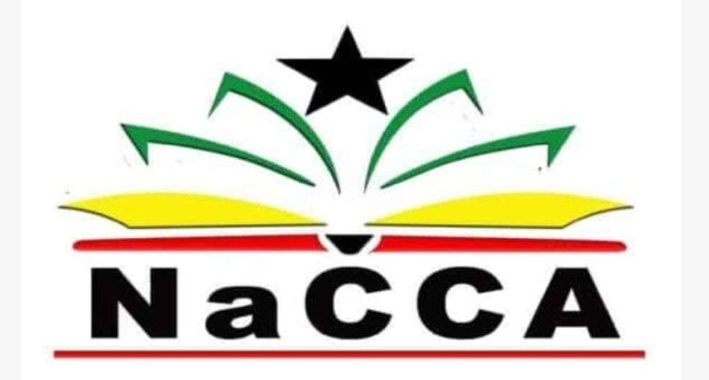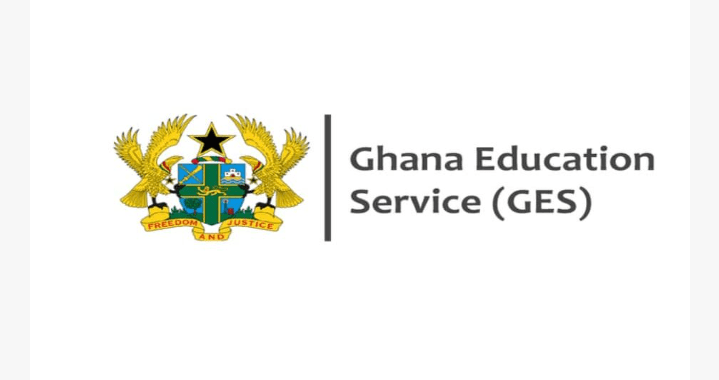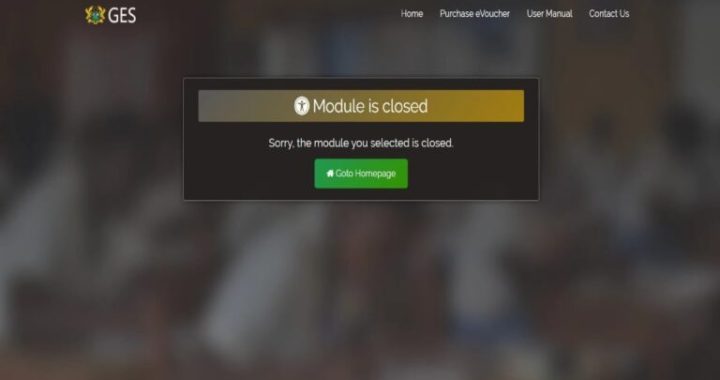Rising Dollar-Cedi Exchange Rate Signals Trouble for Ghana

Today’s Dollar to Cedi exchange rates and those of other hard currencies battling the survival of the Cedi are out. We share the exchange rates with you and also have a look at how the high exchange rate in Ghana is exposing the fundamental weaknesses of the Ghanaian economy and the economic management team of Ghana in a number of ways.
Dollar to cedi exchange rates from banks, forex bureaus, and the black market for today, July 25, 2023 sampled by our business desk have been shared below.
Banks
- GCB Bank: 1 USD = 11.6151 GHS
- Standard Chartered Bank: 1 USD = 11.615 GHS
- Ecobank Ghana: 1 USD = 11.615 GHS
- Barclays Bank Ghana: 1 USD = 11.615 GHS
- Stanbic Bank Ghana: 1 USD = 11.615 GHS
Forex Bureaus
- Accra Forex Bureau: 1 USD = 11.63 GHS
- Kotoko Forex Bureau: 1 USD = 11.64 GHS
- Achimota Forex Bureau: 11.65 GHS
- Kaneshie Forex Bureau: 11.66 GHS
- Circle Forex Bureau: 11.67 GHS
Black Market
- Agbogbloshie: 1 USD = 11.70 GHS
- Kasoa: 1 USD = 11.72 GHS
- Nima: 1 USD = 11.74 GHS
- Tema: 1 USD = 11.76 GHS
- Aflao: 1 USD = 11.78 GHS
Banks and Fintech Dollar-Cedi Exchange Rates
| Name | Buying | Selling | MidRate | |
|---|---|---|---|---|
| Binance P2P Crypto Exchange |
11.67 | 11.68 | 11.67 | |
| WeWire Africa Fintech |
11.53 | 11.78 | 11.65 | |
| GAFORB Forex Bureau |
11.4 | 12 | 11.7 | |
| Access Bank Commercial Bank |
11 | 11.69 | 11.34 | |
| Bank Of Ghana Central Bank |
10.99 | 11 | 11 | |
| GCB Bank Commercial Bank |
10.85 | 11.71 | 11.28 | |
| UBA Commercial Bank |
10.85 | 11.7 | 11.27 | |
| Stanbic Bank Commercial Bank |
10.72 | 11.72 | 11.22 | |
| CBG Bank Commercial Bank |
10.72 | 11.72 | 11.22 | |
| Absa Bank Commercial Bank |
10.71 | 11.71 | 11.21 | |
| Ecobank Commercial Bank |
10.7 | 11.7 | 11.2 | |
| CalBank Commercial Bank |
10.7 | 11.76 | 11.23 | |
| Standard Chartered Commercial Bank |
10.66 | 11.66 | 11.16 | |
| Zenith Bank Commercial Bank |
10.5 | 11.7 | 11.1 | |
| GTBank Commercial Bank |
10.44 | 11.8 | 11.12 | |
| Visa Payment Processor |
10.28 | 12.51 | 11.39 |
The high exchange rate in Ghana is exposing the fundamental weaknesses of the economy and the economic management team of Ghana in a number of ways.
First, the high exchange rate is making it more expensive for Ghanaians to import goods and services, which is driving up inflation. This is putting a strain on household budgets and businesses, and it is making it more difficult for the economy to grow.
Second, the high exchange rate is making it less attractive for foreign investors to invest in Ghana. This is because their investments will be worth less in Ghanaian cedis when they convert them back to their home currency. This is making it more difficult for Ghana to attract the foreign investment it needs to grow its economy.
Third, the high exchange rate is making it more difficult for Ghana to repay its foreign debt. This is because the cedi is worth less, so Ghana has to pay more cedis to repay its debt in dollars or other foreign currencies. This is putting a strain on Ghana’s finances and making it more difficult for the country to meet its debt obligations.
In order to address the high exchange rate, the economic management team of Ghana needs to take a number of steps. These include:
- Reducing the budget deficit. This will help to reduce the amount of money that Ghana needs to borrow from foreign countries, which will in turn help to stabilize the cedi.
- Increasing exports. This will help to earn more foreign exchange for Ghana, which will help to strengthen the cedi.
- Reducing imports. This will help to reduce the demand for foreign currency, which will also help to strengthen the cedi.
- Improving the investment climate. This will make Ghana more attractive to foreign investors, which will help to bring more foreign exchange into the country.
The economic management team of Ghana needs to take these steps as soon as possible in order to address the high exchange rate and the fundamental weaknesses of the economy. If they do not, the high exchange rate will continue to have a negative impact on the economy and make it more difficult for Ghana to grow.
The statement “When the fundamentals are weak, the exchange rate will expose you” means that if the underlying economic conditions of a country are not strong, the exchange rate will eventually reflect this weakness. This is because the exchange rate is determined by a number of factors, including the country’s balance of payments, its level of foreign debt, and its economic growth prospects. If these factors are weak, the exchange rate will tend to depreciate, making it more expensive to import goods and services into the country.
In addition to the above, the economic management team of Ghana also needs to address the underlying causes of the high exchange rate. These include:
- The high level of government debt.
- The low level of foreign direct investment.
- The weak export performance.
- The high level of imports.
The economic management team of Ghana needs to take steps to address these underlying causes in order to achieve a sustainable solution to the high exchange rate.
Send Stories | Social Media | Disclaimer
Send Stories and Articles for publication to [email protected]
We Are Active On Social Media
WhatsApp Channel: JOIN HERE
2024 BECE and WASSCE Channel - JOIN HERE
Facebook: JOIN HERE
Telegram: JOIN HERE
Twitter: FOLLOW US HERE
Instagram: FOLLOW US HERE
Disclaimer:
The information contained in this post on Ghana Education News is for general information purposes only. While we endeavour to keep the information up to date and correct, we make no representations or warranties of any kind, express or implied, about the completeness, accuracy, reliability, suitability or availability with respect to the website or the information, products, services, or related graphics contained on the post for any purpose.




 How to apply for 2024/2025 recruitment at GES recruitment portal
How to apply for 2024/2025 recruitment at GES recruitment portal  GPA raises concerns over NaCCA books assessment & approval role
GPA raises concerns over NaCCA books assessment & approval role  GES ranked 3rd in 2023/2024 Excellence Awards for MoE agencies
GES ranked 3rd in 2023/2024 Excellence Awards for MoE agencies  GES apologises for 2024/25 teachers application portal downtime
GES apologises for 2024/25 teachers application portal downtime